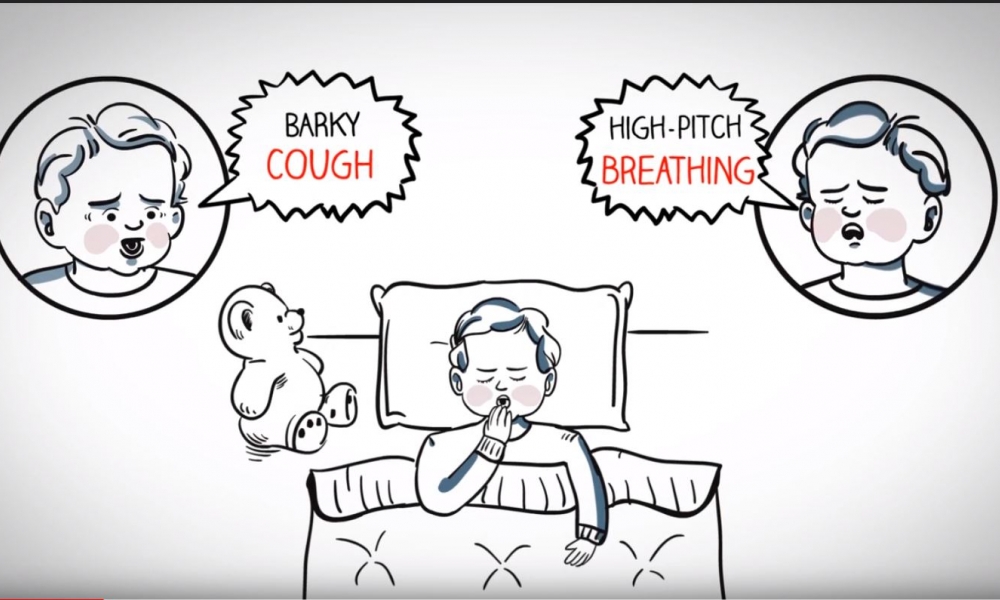
OBJECTIVE
To develop, refine, and evaluate the usability of arts-based, digital knowledge translation videos, specifically three whiteboard animation videos, and an interactive infographic, for parents of children who have otitis media, fever, or receiving needle pokes.
RESEARCH PROPOSAL
The purpose of the study is to work with parents to develop, refine, and evaluate the usability of arts-based, digital knowledge translation videos, specifically three whiteboard animation videos and an interactive infographic, for parents of children who have otitis media, fever, or receiving needle pokes.
A mixed method design will be used to determine the usability of knowledge translation (KT) tools:
1. Cross-sectional survey: Study staff will approach parents/primary caregivers in the waiting rooms of the general emergency departments (ED) at Stanton Territorial Hospital and explain the data collection process. The research team will ask people in the waiting room at the moment of contact if they meet the inclusion criteria. Parents will be handed the iPad to read the online consent form; if parent selects "yes" on the online consent form, a survey will begin. Following a series of demographic questions, parents will be randomized to view only one of the KT tool prototype(s).
They will then complete an 11-question survey to assess their perceptions of the prototype's usability. The data from this survey will be cleaned and managed according to industry standards. To uncover potential usability issues the data in the free text boxes will be analyzed using content analysis and any suggestions for revision will be grouped and examined. The results from this stage will inform prototype revision.
2. Focus group: Parents/primary caregivers will be purposefully recruited from the participating hospital site to ensure a breadth of age, education, gender and invited to participate in a focus group. Groups will include 5 to 10 parents and will range from 60 to 90 minutes. Interview questions will focus on comparing the usability features and the pros and cons of each of the four KT tools. The focus groups will be conducted by the research team. The focus groups will be audio recorded. Data will be cleaned (anonymized, de-identified) prior to analysis and managed using NVivo software. The inductive analysis will occur in three phases: coding, categorizing, and developing themes.
The research team will be offering a series of workshops, training courses, and simulations to Stanton Territorial Hospital staff members during our visit to the Northwest. The research team hopes to provide the staff with new tools that will improve patient care.
A main component of the research is to understand concepts from the perspective of parents. In having fruitful discussions with parents in the NWT, the team will gain a better understanding of their experiences and can use this knowledge to refine the tools that better accommodate parents' needs in a more culturally relevant way. As a result, the tools become more culturally and socially relevant to the communities living in the NWT.
Finalized e-tools will be disseminated using the established social media platforms (e.g., YouTube, Facebook) and websites (e.g., www.echo.ualberta.ca; www.arche.ualberta.ca; www.trekk.ca). These links will be shared with parents and caregivers in the NWT.
The data will be used to generate manuscripts that will also be available for public viewing.
The fieldwork for this study was conducted from October 18 to October 20, 2017.
RELEVANT LINKS
- TREKK Webpage
- Article: Pediatric information seeking behavior, information needs, and information preferences of healthcare professionals in general emergency departments: Results from the Translating Emergency Knowledge for Kids (TREKK) Needs Assessment. Scott, S.D., Albrecht, L., Given, L.M., Hartling, L., Johnson, D.W., Jabbour, M., Klassen, T.P. & The TREKK Team. (2018) Canadian Journal of Emergency Medicine. DOI: 10.1017/cem.2016.406.

